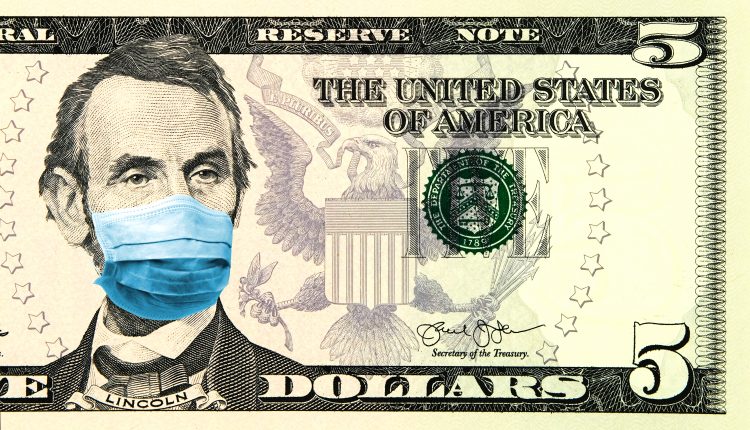
Simple Tips to Protect Your Portfolio During the Coronavirus Selloff
Is your portfolio suffering because of the Coronavirus sell-off? If you’re fully invested in the market—especially in risk-centric, transportation and most consumer discretionary stocks— it surely is. The Dales Report looks at strategies individual investors can put in place to help mitigate portfolio risk.
In times of duress, the first thing investors should consider is checking one’s emotional thermometer. Science has shown that stress can lead to risky and irrational decision making—the kind you need to avoid in a crisis. It’s the kind of thing a broad market crash can easily trigger if one is not emotionally prepared. Therefore, we suggest taking a mental inventory of your emotional state before making any rash decisions. Basic and obvious advice, but time tested nonetheless.
For example, if you are feeling frustration by not booking profits earlier, it is imperative to check that emotion at the door and re-focus on the now. Whatever has happened in the recent past, by omission or otherwise, should have no bearing on your evaluation process today. The market doesn’t care that you were about to take profits last week before your mother-in-law called, or that your summer vacation fund was just blown-out. It’s important to adjust portfolio expectations to current realities, where volatility and headline risk will remain indefinitely. Although buy-the-dip mentality has predominated for a decade, every crisis needs to be evaluated individually. It could very well be different this time.
Ultimately, if emotions are dictating portfolio making decisions, you’re practically guaranteed to make unwise decisions the majority of the time. Be grounded, think linearly.
Secondly, we recommend re-evaluating the composition of your portfolio itself. Ideally, this should automatically be undertaken every quarter in good times or bad. However, in instances where rare ‘black swan’ type of events present themselves, an expedited review is warranted.
For example, if a portfolio is overly exposed to particularly affected sectors such as airlines or travel stocks, a re-weighting or complete divestment may be in order. Obviously, making these decisions is a time-sensitive endeavor. You may decide that a taking more defensive posture is warranted until more is known about the degree and duration of the coronavirus threat.
Thirdly, we recommend rotating into stocks that are anticipated to perform better relative to the cause of the market downturn. While this may not be apparent right away, trends can begin to emerge within a short time of the crisis setting in.
Take Clorox Company as a prime example. While most airline stocks have crashed between 12 to 25% over the past five days, Clorox has actually gained a little over 2% during that time. Of course, this paradox of performance isn’t random: airliners have had to pare back flights to big markets like China and will likely require additional rollbacks to other nations. Meanwhile, the infectious nature of the crisis might actually boost sales growth for the cleaning supplies company.
Clearly, environment matters. Individual sectors will react differently based on the underlying nature of the crisis, which is obvious but requires deeper thought to execute.
Lastly, consider diversifying your portfolio with derivative products that have contra correlation to bearish market conditions. This might involve index put options, buying gold or increasing cash allocation. Although investors may feel awkward going outside of their comfort zone, in times of extreme market duress, these strategies will cap downside exposure.



